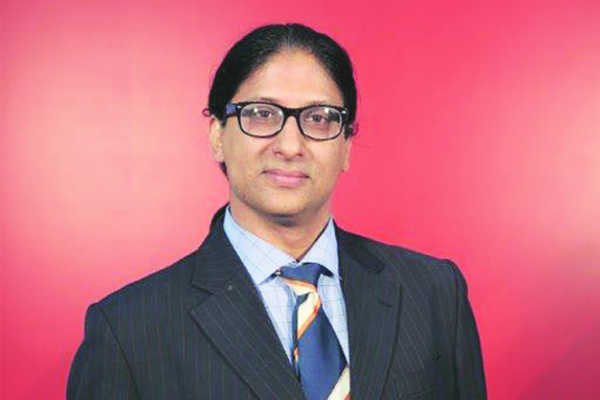
Oracle’s AI powered chatbots make travel more relaxing
What are the key solutions of Oracle for the travel and tourism industry, particularly for the India market ?
The digital India wave has affected almost every industry, and the travel and tourism industry is no exception. Indian travellers today are demanding speed and convenience when booking online. Due to this, there is an immense pressure on companies to look out for new ways to deliver the quickest, most convenient experience to consumers – from online booking to on-ground services.
Oracle is playing a significant role in this journey by enabling the travel industry to innovate through cloud solutions that minimise disruptions and keep websites up and running; that enable the most cutting-edge ticketing and reservation systems; and that deliver individualised service to local and international customers. AI and machine learning also play a role in giving travellers a better experience – from chatbots that make it easier and quicker to book online, to automated technology that rapidly identifies and resolves glitches, so that online travel shoppers do not get frustrated and book elsewhere – Oracle has a solution for all.
For instance, Oracle with its service cloud has enabled Make My Trip (One of India’ top travel-service provider) to handle 47 per cent of India’s online travel booking. With Oracle’s solutions, Make My Trip has halved the average call-handling time and has also been able to shorten the time for new product launches — from months to weeks.
Which segments of travel and tourism industry are you focused on in India ?
The landscape of the travel and tourism industry is expected to drastically alter with the digital intervention of emerging technologies. Anticipating this trend, Oracle is set to offer new age solutions based on AI and machine learning that enable enhanced travel experience for the Indian masses.
For instance, Oracle Marketing Cloud comprises tools that enable the hotel industry to not only provide customers with a customised experience, but also helps in ensuring that travellers get seamless experience across various touch points of their journey. Indian Hotels, collectively known as the Taj Group, are using Oracle EPM Cloud, which has enabled them to ensure effective time management – like reports to senior management which were earlier dependent on people delivering them and took 15 days, now has become a much efficient process taking only six days.
Oracle solutions and services help customers provide a differentiated experience to the Indian traveller. In fact, Thomas Cook India, after evaluating almost six CRM vendors in the market, chose Oracle Cloud on the basis of solution functionality, look and feel of the application and the company’s experience in the industry.
Please give more information about your AI travel products, and where do you see more adoptions in the industry ?
Many travel businesses in India are already witnessing ground breaking success by investing in emerging technology, including cloud. Many hotels have already started looking for AI powered conversational chatbots that can help guest check-in and check-out using a mobile device. This makes the check-in process hassle-free. Additionally, chatbots can also play a role to play in providing a convenient travel experience by enabling automated updates to customers regarding changes in flight schedule, etc.
Behind the scenes, AI technology is helping marketing teams analyse customer data to create tailored offers; and AI-based algorithms are the reason that many customers see fine-tuned online search results, based on their previous preferences. In fact, machine learning is even helping to reduce delays by optimising flight landing paths.
How can these AI products help the travel and tourism sector in the country ?
Oracle’s solutions are especially designed to facilitate and enhance a traveller’s experience at every touch point in their journey. Oracle’s AI powered chatbots make travel more relaxing from start to finish by offering customized services. For example, chatbots can suggest to customers, the top things to try while they are in a particular town. They also offer instant assistance in local language while booking. In addition to these, they update the customer about flight changes and reminds them about check-in and security procedures. Not just this, technologies like AI, machine learning and big data are also contributing behind the scenes. They are helping analyse customer data to create tailored offers for different people, and are fine tuning search suggestions in accordance to their individual preferences.
In the future do you foresee any revolutionary transformation in travel and tourism driven by technology ?
The future of travel technology will witness consumers’ sky-high travel ambitions, and hence demands. In the not-so-distant future we might even see blockchain solutions helping passengers authenticate their identity with less hassle! We can anticipate the introduction of augmented reality maps, so visitors can find their way around a new city; and voice-based AI tools for easier travel planning via a mobile device. By making the most of cloud technologies now, travel companies and their customers can power the future of adventure.
